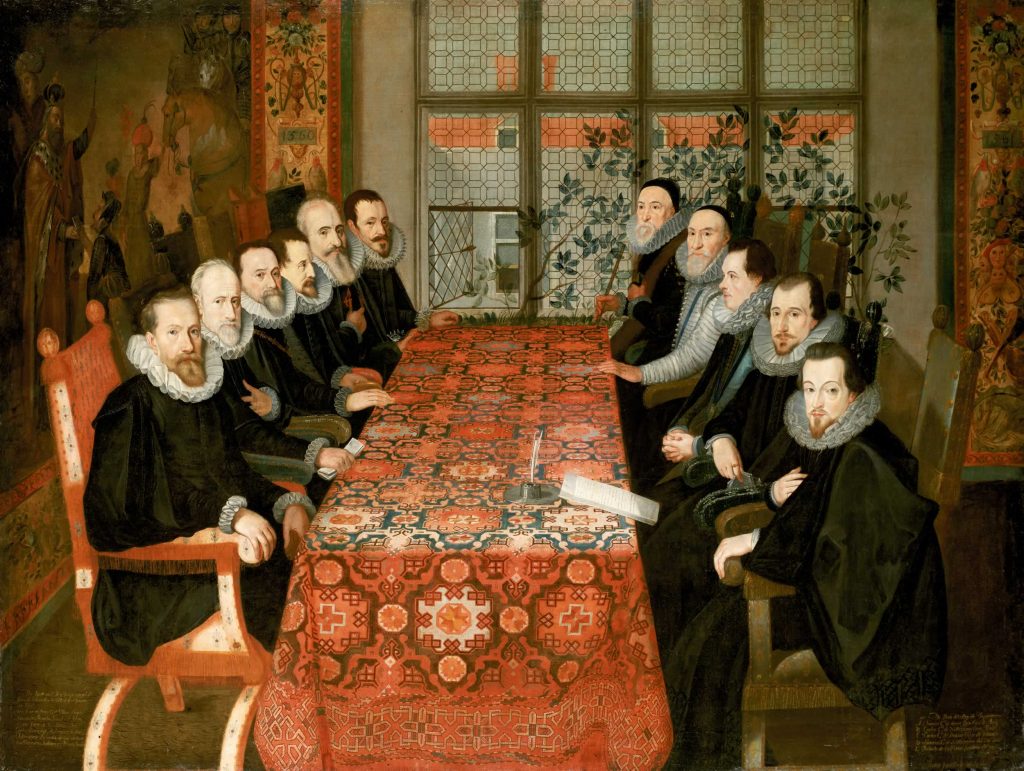
by Hira Uddin
As a Muslim woman, I share the same sentiment as others in the Muslim American community when we hear an ill-informed politician (cough Donny cough Ted Cruz cough most Republican candidates cough) assert Muslim women do not have a voice or are silenced by our faith. We feel outraged when we hear this ignorant conjecture because we, along with others who have studied the Islamic faith, know for a fact our faith encourages and supports women’s rights and respects our individual experiences and collective voice.
As Muslim women, we recall the many amazing women mentioned in verses of the Quran as role models who taught us God values feminine strength, resilience, and tenacity through powerhouse examples such as Mary, Hagar, Asiya, and Aisha, peace upon them all. So, we have inspirational stories of these girl-bosses woven intrinsically throughout our holy book with so many takeaways from their narratives, and yet, we struggle as a community to include female speakers on a topic such as “female empowerment.”
In fact, organizations that are meant to represent the Muslim community often choose to host topics at Islamic conventions like “Empowering Women,” “Importance of Hijab,” and “Success as a Muslimah” with all-male panels. Doesn’t that sound ridiculous and condescending – we are “learning” about deeply personal aspects of how our decisions on faith impact us from the perspective of male-only scholars?
The short answer? Yes, it’s quite ridiculous. What is even more unfortunate is I never truly thought about this until the emergence of the #noallmalepanels and #addfemalespeakers Twitter storm a while ago spearheaded by none other than empowered female leaders.
Each year, I look forward to attending various Islamic lectures at conventions along with the nightly programs held at mosques where headlining speakers would be, you guessed it, all males. I attend these lectures hoping to take away from them what I could about general aspects of my faith, but I would be a little uneasy each time when the issue of modesty was mentioned. In my experience, many male speakers discuss modesty, hijab, and lowering the gaze as a topic applying only to the women in the audience. This was evident with the way as soon as the topic of modesty and hijab came along during a portion of the speaker’s lecture, the guys mentally check out while the speaker finally shifted his attention to the female section of the audience.
And while we’re on the subject, listening to male speakers vis-à-vis the topic of the Hoor-ul-ayn (angels of heaven) always made me feel uncomfortable because it is a topic often mentioned but rarely explained properly. Most men know this topic as their reason to finally wake up from the nap they were taking during the other two-thirds of the lecture. The uncles who were asleep through relevant topics such as community activism, racial equality, and Islamic jurisprudence, awaken with a smile on their faces when they hear the speaker mention the words that are music to their ears “hoor-ul-ayn.”
This is important to mention because women feel extremely left out when it comes to this topic since it is explained in a reductionist manner rewarding the men with heavenly women who did not have to put up with them in this world, while the women are rarely ever explained the bounties they will receive. Why then is there this dichotomy and insensitivity to the way Islam applies to both women and men? God says himself the greatest pleasure any human being, male or female, will receive if she or he is granted Heaven is to see the Face of God, the One who has created them as relayed in the following hadith:
Suhayb ar-Roomi stated that Prophet Muhammad (peace be upon him) has said the following: “…Then the veil will be removed and they will not be given anything more beloved to them than looking at their Lord, may he be glorified and exalted.” (Muslim).
Sadly, this comfort is described as the ultimate reward is nearly always overshadowed by the possibility of gaining the Hoor-ul-ayn.
But why is this acceptable? Before the hashtags #addfemalespeakers and #noallmalepanels took to Twitter, we filled our void of Islamic scholarship through social media sites like Facebook and Twitter where we could read, connect, and benefit from status updates by Linda Sarsour, Yasmine Mogahed, Asmaa Hussain, Zainab Chaudry, and Dalia Mogahed just to name a few. As these women gained popularity and connected to different groups of people, more organizations began to include them on the docket for conference speeches and panels; but it is still not at the same rate as their male counterparts.
When Muslim women raised their voices to include more female speakers, they were told many women are “not qualified” to speak at these conventions. To that I say, bull.
What are these qualifications? Would they be something along the lines of attending an Islamic university overseas which does not recognize female scholarship due to patriarchal barriers? Many universities which grant these degrees do not have viable programs for women so many women have to seek out an independent teacher in order to gain the knowledge more easily accessible to their male counterparts.
While many do not recognize this as a pressing issue in the Muslim American community, there are a handful of male speakers who have brought light to this issue and also signed the pledge drafted by Zahra Billoo to include their female counterparts on the lecture circuit.
One of these is Aman Ali who bravely brought up this issue at Ilmfest and questioned the scholars invited to speak why this issue matters to our community. I asked Aman why he feels inclusion of female speakers is important to him and he responded:
“As a Muslim American story teller, public figure, or whatever lame title you want to give me, I feel personally invested in talking about and listening to issues of concern in our community. And I keep hearing about (how) so many women who feel so sincerely marginalized by this issue. This is not just about adding female speakers to a panel or conference. It’s about creating welcoming environments for our Muslim women. It’s important to have speakers that reflect what your community looks like and last time I checked, our community isn’t just a group of hairy brown dudes.”
He also added:
“How does adding empowering more female speakers and scholars do anything but STRENGTHEN our community? Seriously. our women make up more than 50 percent of our population. By neglecting that many people, essentially you are only serving 50 percent of the community. I may have only gone to public school, but last time I checked 50 percent is an F.”
There are other male allies in addition to Aman who value the voices women have to contribute to mixed audiences; not just an all-female audience. A mixed audience where female speakers address both men and women on issues of faith, justice, and social activism need to be heard and promoted. After all, if young Muslim girls do not see a space for them to look up to current powerhouse females who proudly carry their faith, where else may they look for role models and strength?
It’s time to change this narrative of all male speakers and #addfemalespeakers each time there is a panel at a conference, convention, or lecture at a mosque. If we want to feel outraged at the ignorant assumption others make stating Muslim women do not have a voice within Islam, we need to legitimately create spaces where people of our community and beyond can see that is nonsense.
 Hira Uddin currently works as an Early Intervention Specialist. She is the editor of Inside American Mosques, a blog dedicated to fighting Islamophobia by educating others on what really happens in American Mosques.
Hira Uddin currently works as an Early Intervention Specialist. She is the editor of Inside American Mosques, a blog dedicated to fighting Islamophobia by educating others on what really happens in American Mosques.




